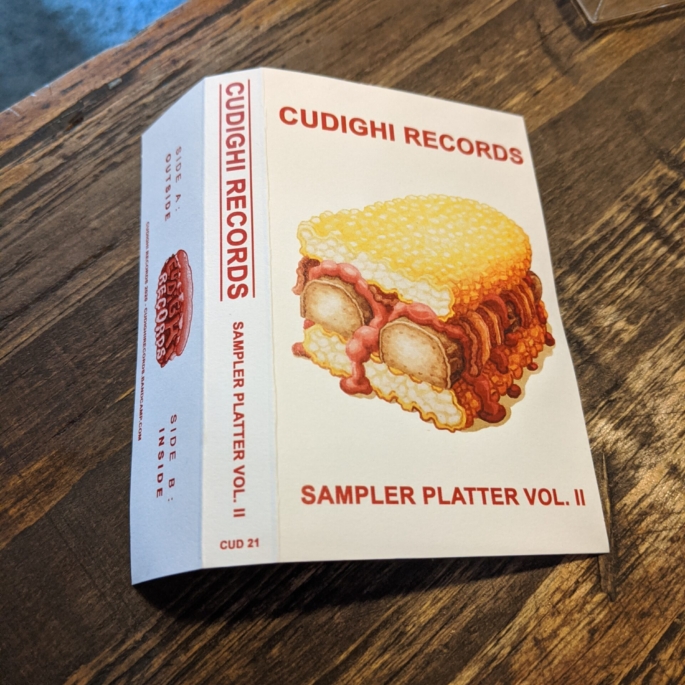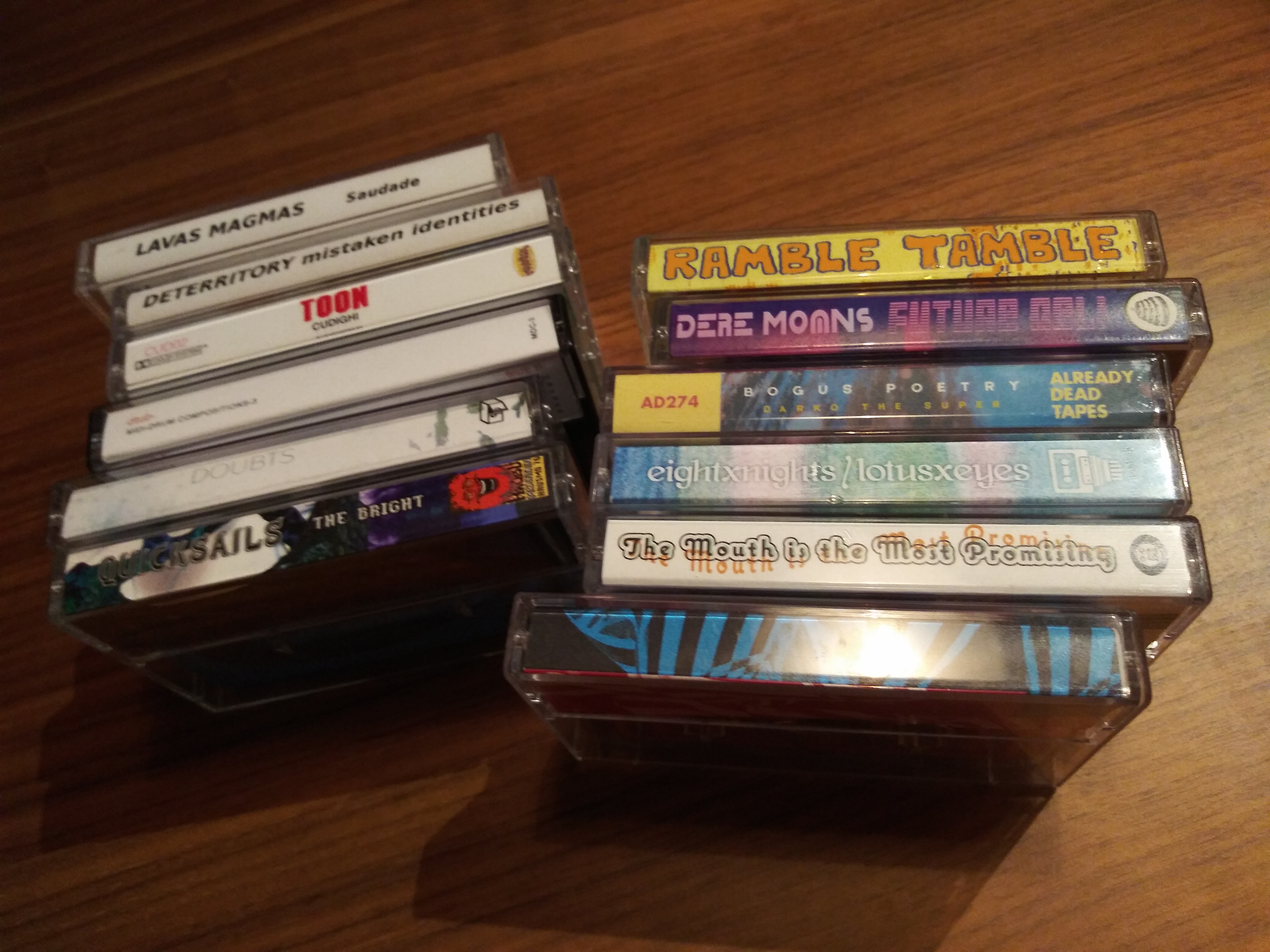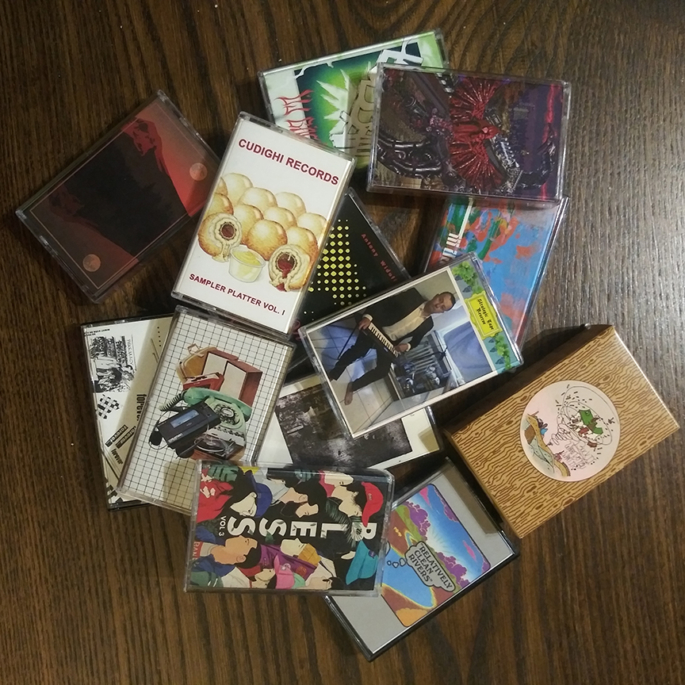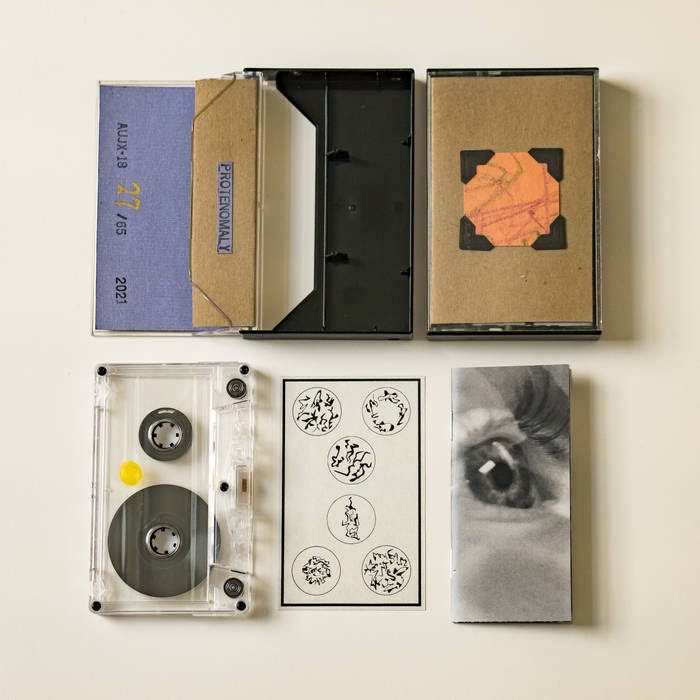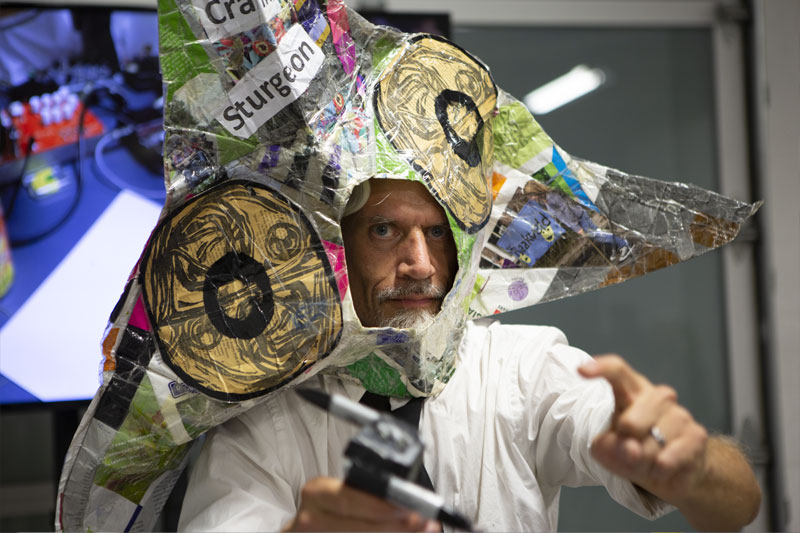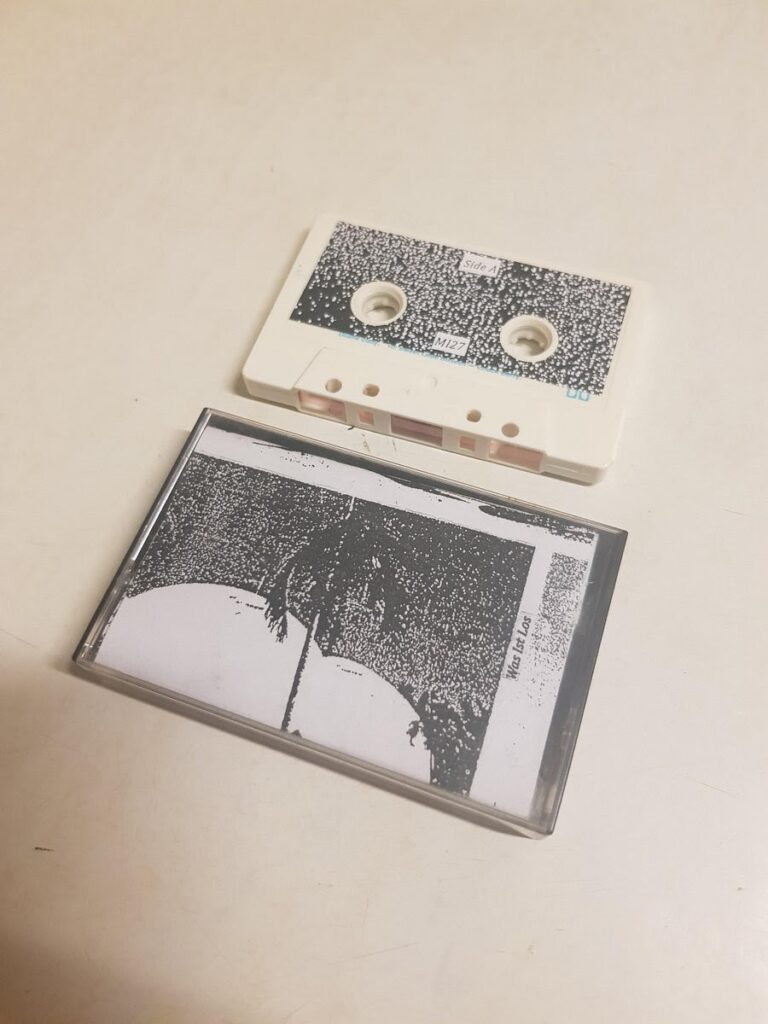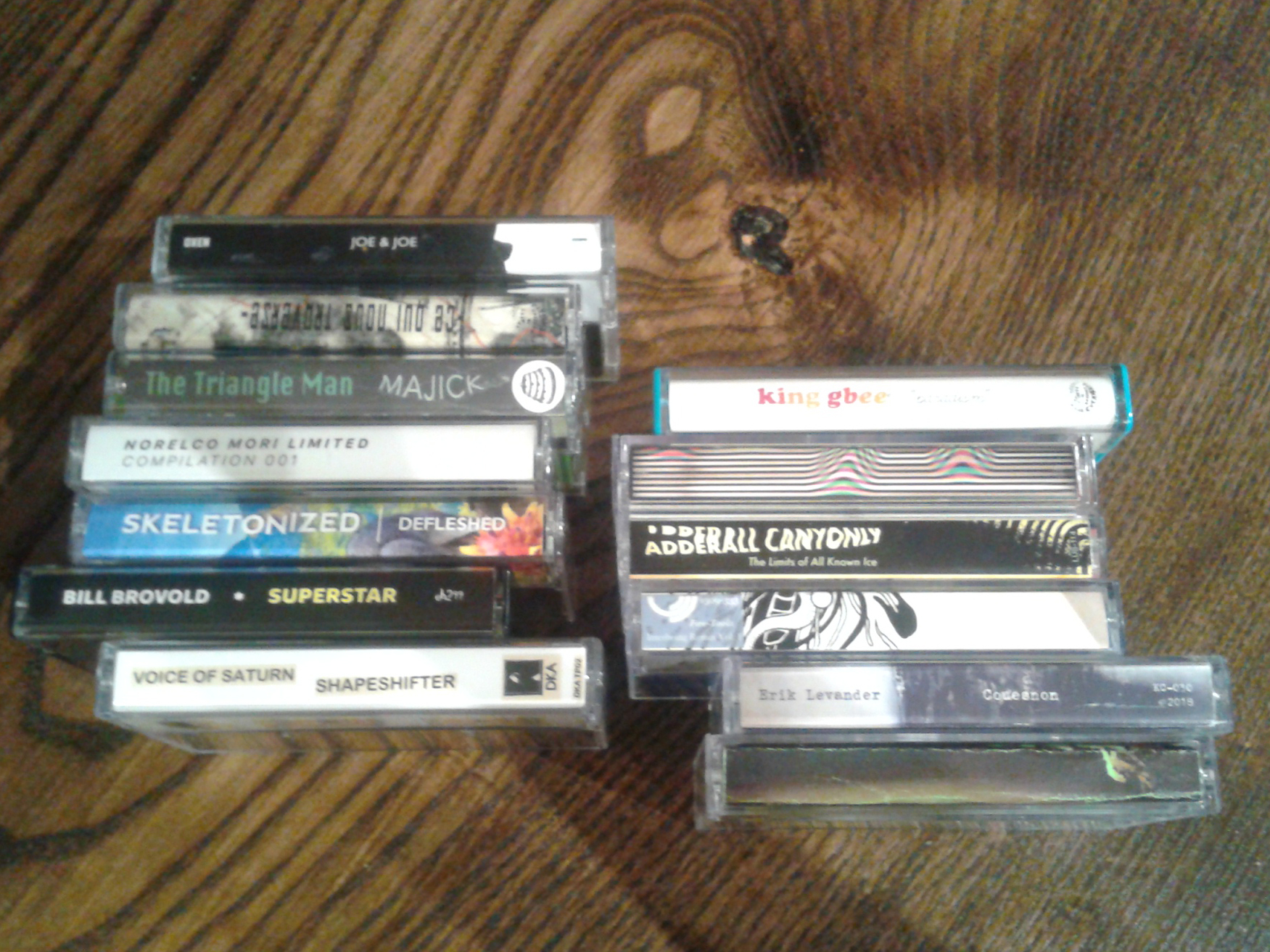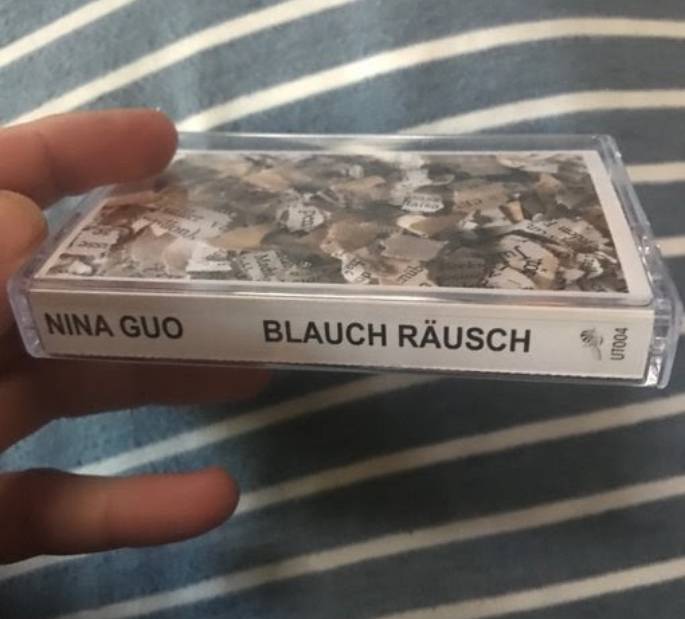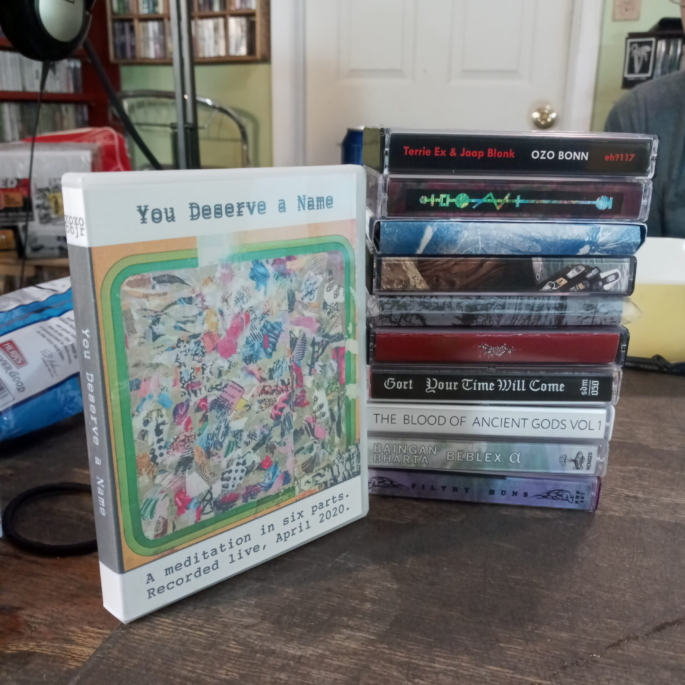12.13.21 by Matty McPherson
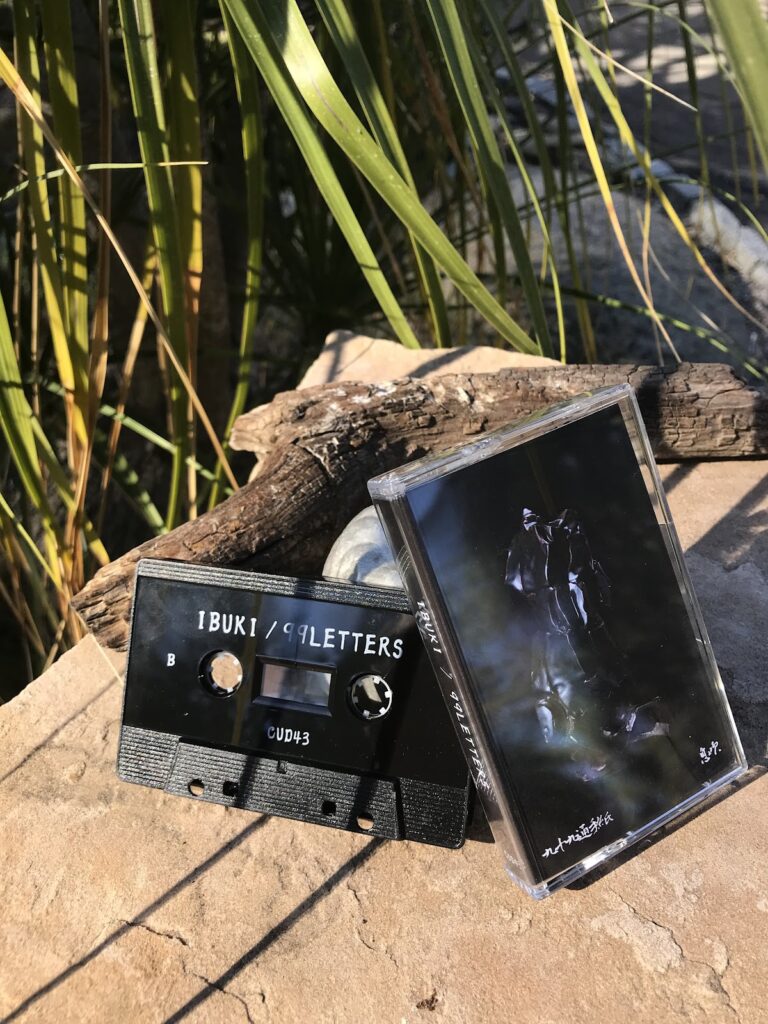
99Letters has been working in and around (what I believe to be) the Kansai underground scene for over a dozen years, racking up releases with THRHNDRDSVNTNN and Seagrave back in the mid-2010s, in between the occasional DJ mix or other one-off. However, 99Letters has been quiet for a bit since 2018, only recently kicking things back into focus with two releases this year, the self-released Shirankedo and the Cudighi Records distributed Ibuki. Both releases have a bit of a reflective melancholy bubbling through them. 99Letters’ own take on these projects has been influenced by COVID and the Kansai scene’s own slow decline as a result of COVID. It’s changed the approach to tracks, with 99Letters using Ibuki as a springboard to explore the “familiar parts of Japan to show the importance of living powerfully as a work”, crafting songs from traditional Japanese instruments and even using the tape cover as an opportunity to highlight Shozo Michikawa’s ceramic arts.
The resulting set of tunes are patient, subterranean house bops. It’s perfect music for lingering liminal moments as much as rain stricken urban plant life gazing, especially ”Saikai Zyoushiki / 再会常識” wails, with its crisp level of digital ambience (a feature found throughout the 11 tracks) saturating the frame. “Baniku Oishi / 馬肉美味” reminded me of hard hat zones with its 4/4 beat, while a stringed instrument takes the center of the track, imparting a longing and lurching character to the clatter. Of course, you can keep your head to the ground and strut those shoulders in the club if you want, which a track like “Ponzu / 酢” practically encourages. On that track, the percussive tones of those traditional instruments are still mechanistic, yet airy and dynamic enough to bring its loop to the forefront.
99Letters’ approach could be said to be rooted in deep listening practices, a unique manner of enacting the process. Although, I feel more assured noting the way these tracks pull out flow states from these instruments. Certified Downtemp Bop “Mousou Samurai / 妄想侍” exemplifies that. It slinks with its hi-hats that become the track’s guiding base, with the sudden unexpected appearance of a singular, repeated sample giving it a bit of gusto that ties the whole thing together; there’s a dance move to be made out of that one. That feeling is also warranted towards “Tamakorogashi / 玉転がし” which especially amps up the spacious qualities and surprise drops a melodic set of key chords–the bubbly kind that practically signify when you’ve opened a secret chest–that crescendo and crest over and over again. It’s a tantalizing rhythm, nestled deep in an album that channels a soft, radiating power.
Limited Pro Dubbed Cassette Tape Available from Cudighi Records
Related

